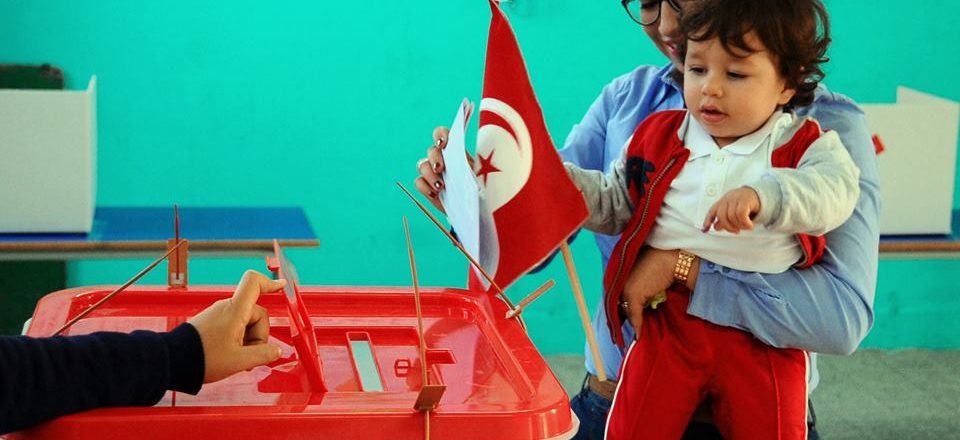
Tunisia’s First Municipal Elections after 2011 Revolution
On 6 may, Tunisia held its first free and long waited municipal elections since the removal of President Zine El Abidine Ben Ali’s government in 2011. The polls were held in the framework of the Tunisian new decentralization law adopted on 1 may which recognises the local administrative and financial independence. “This is perhaps the most important law passed after the constitution. This will completely change the development model in Tunisia. It’s the decentralisation process,” Minister of Local Communities and Environment Riadh Mouakher said earlier this month.
More than 57,000 candidates (among them many women and youth) ran for office in Tunisia’s 350 municipalities. At the end, according to AlJazeera, the Ennahdha islamist party reportedly won an estimated 27.5 percent of votes in Sunday’s ballot, ahead of the secular Nidaa Tounes party, which came second with an estimated 22.5 percent. However, official results are expected to be announced by 9 May.
Last week, Tunisian security forces casted their ballots for the first time. The new electoral law only allows them to vote in municipal elections. Nevertheless, they are barred from participating in election campaigns or attending public meetings. Some 36,055 soldiers and security agents were registered to vote, but only 12 per cent did, according to Mehdi Jalouali from Tunisia’s Independent High Elections Comission (ISIE).
The low turnout for the election didn’t concern only the security forces but civilians too. According to Tunisia’s High Election Commission, only 21 percent of registered participants had cast their vote, three hours before closing the pollsm despite the prior President Caid Essebsi’s call for a “massive turnout”.
We shall remind that the country is still under a state of emergency after a string of deadly attacks three years ago, the reason for which some 60,000 police and military personnel were deployed for the polls.
- The Euromed news are edited by the team of the Euro-Mediterranean Policies Department of the European Institute of the Mediterranean -


